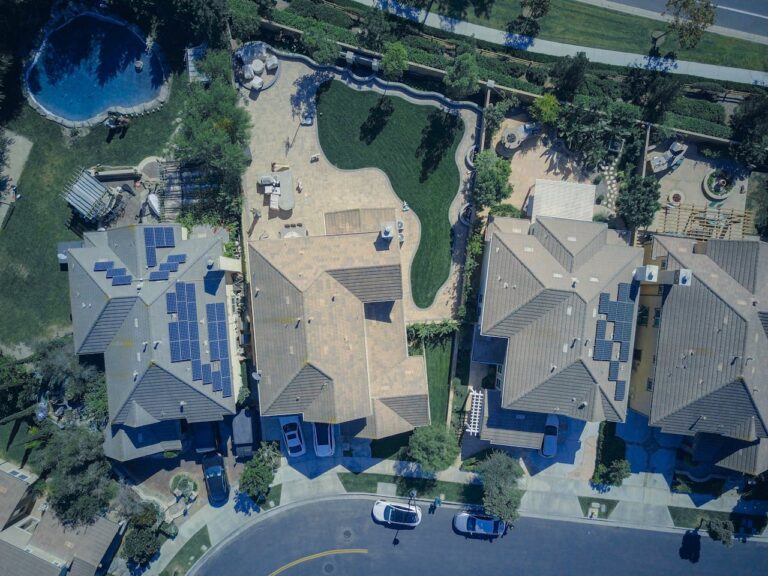When it comes to the financial aspects of homeownership, home equity stands out as a crucial concept. It’s essentially your stake in the property, and understanding it can unlock numerous benefits. Let’s dive into what equity means and why it matters.
What is Home Equity?
Home equity is the difference between your property’s market value and the amount you owe on your mortgage. Think of it as the portion of the home that you truly own. For instance, if your home is valued at $300,000 and you owe $200,000 on your mortgage, you have $100,000 in equity.
How Does Home Equity Build Over Time?
Building Equity Through Mortgage Payments
Every mortgage payment you make increases your equity. Initially, most of your payment goes towards interest, but over time, more of it reduces your principal balance. As you pay down your mortgage, your equity grows.
Appreciation and Market Value
If your home’s market value increases, so does your equity. Real estate markets fluctuate, but historically, property values tend to rise over time. Improvements can also increase its market value, boosting your equity.
Using Equity
Equity Loans and Lines of Credit
You can tap into your equity through loans or lines of credit. These options allow you to borrow against your equity for various needs, such as home improvements, education expenses, or debt consolidation. Be cautious, though; you’re putting your home on the line.
Selling Your Home
When you sell your home, your equity converts to cash. If your home sells for more than what you owe on your mortgage, the difference (your equity) is your profit. This is why many homeowners consider their property an investment.
Factors Affecting Equity
Market Conditions
The real estate market’s ups and downs directly impact your home’s value. During a market boom, your equity can skyrocket. Conversely, a downturn can shrink it. Staying informed about market trends helps you make smart decisions.
Home Improvements
Upgrading your home can significantly boost its value, thereby increasing your equity. Renovations like kitchen remodels, adding a deck, or installing energy-efficient windows can offer good returns on investment.
Mortgage Terms
The type of mortgage you have affects equity growth. Fixed-rate mortgages provide predictable payments, while variable rates can fluctuate. Shorter loan terms often result in faster equity build-up.
Protecting Your Equity
Avoiding Foreclosure
Foreclosure can wipe out your equity. Ensure timely mortgage payments to protect your investment. If you face financial hardship, explore refinancing or loan modifications to avoid foreclosure.
Maintaining Property Value
Regular maintenance and timely repairs keep your home in top shape and preserve its value. Neglecting upkeep can lead to depreciation, diminishing your equity.
Conclusion
Understanding equity empowers you to make informed financial decisions. Whether you’re paying down your mortgage, considering home improvements, or monitoring market trends, every step impacts your equity.
For more insights on building and managing your equity, check out this comprehensive glossary.
By staying informed and proactive, you can maximize your equity and harness its full potential.






